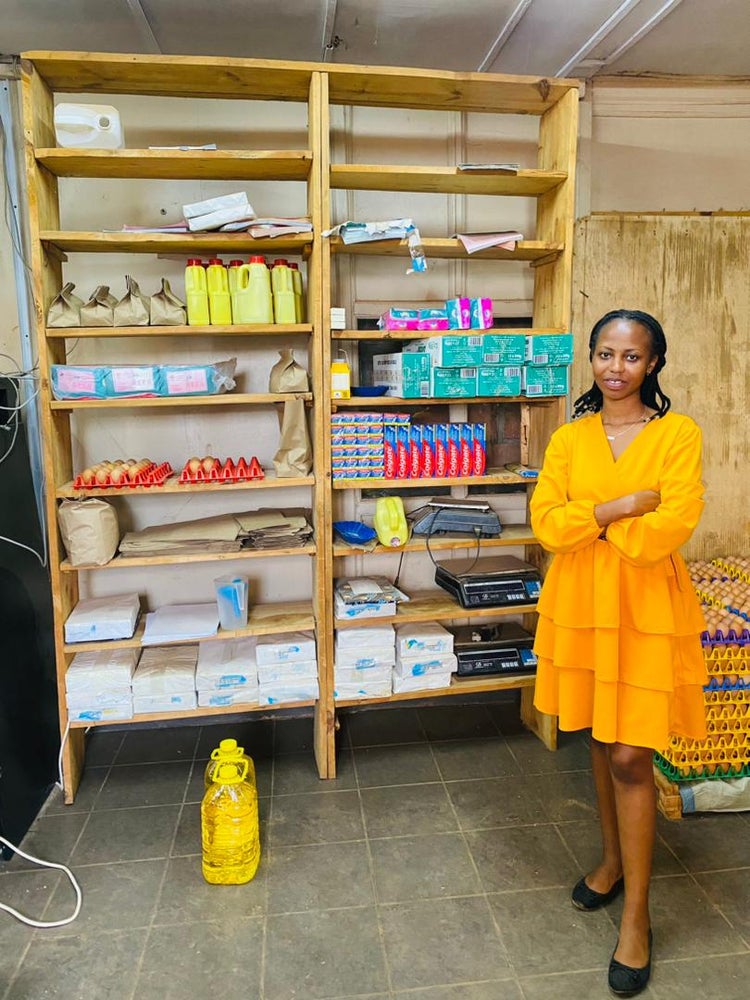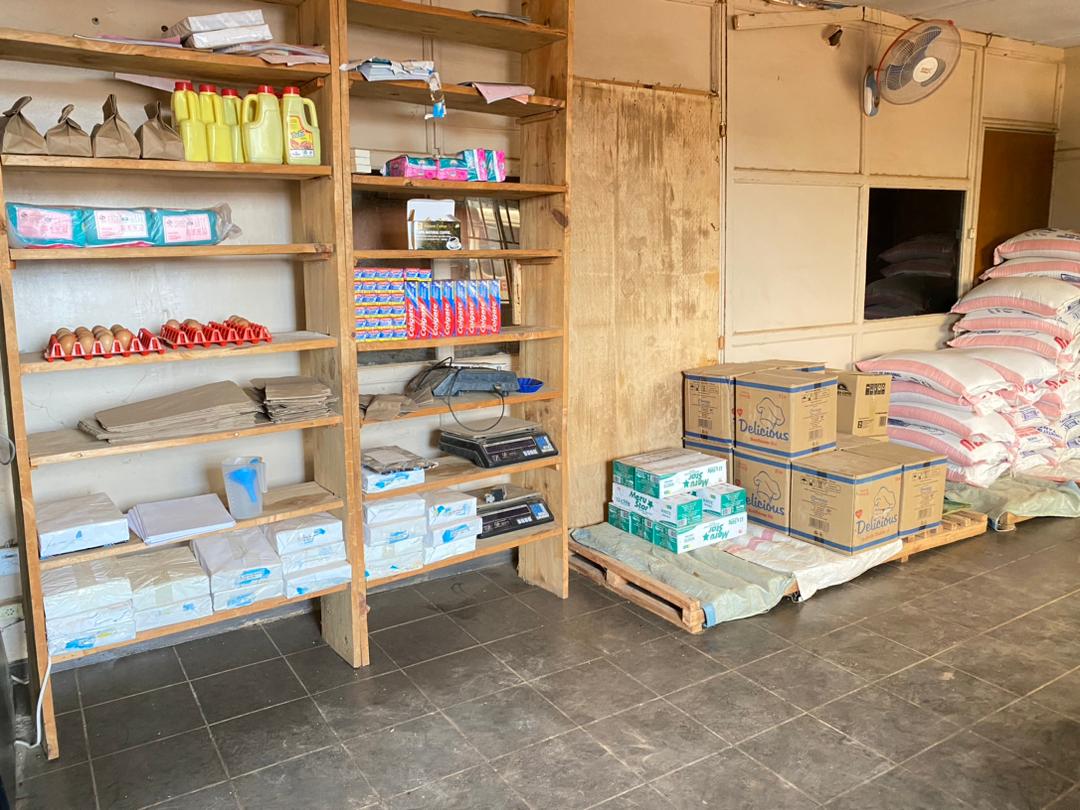From the Field, News
Monday, October 31, 2022
Maximizing Added Value at Washing Stations
During the off-season, washing stations in Rwanda are typically idle but full of potential. RWACOF (Sucafina in Rwanda) operates 30 washing stations across Rwanda’s coffee growing districts and they’ve been experimenting with different programs that can use existing infrastructure to support farming communities and add value across the supply chain.

Untapped Potential
During the off-season, trading activity at these washing stations has historically come to a halt. In 2019, RWACOF launched Farmer Hub to leverage their existing coffee infrastructure to support year-round business activities and create value for both farmers and Sucafina.
Finding the perfect idea takes time, so RWACOF experimented with several innovative projects from opening shops for basic goods to selling solar-power products, creating bank outposts and making eco briquettes from discarded coffee mucilage. Through communication with farming partners, and a lot of trial and error, RWACOF settled on two projects that worked especially well: “off taking” (explained below!) and retail stores for basic goods.
The Model
RWACOF now operates two programs year-round that are based at local washing stations. The “off taking” program buys various agricultural products from farmers and sells them directly to customers across Rwanda. The retail shops supply basic goods to farmers and nearby school at fair prices. Both programs support some of the most underserved farmers, their families and wider rural communities.

The Results
“We’ve learned that there are other viable business opportunities out there that create shared value beyond coffee,” says Tom Swinkels, Head of Strategic Projects at RWACOF.
In 2022 alone, RWACOF has purchased more than 1,000 tons of non-coffee crops and sold more than 1,500 tons of food.
Currently, RWACOF purchases maize, beans, soybeans and eggs from farmers. In the past, they also purchased cassava and banana, and they’re currently exploring avocado and chili peppers as additional crops to buy. They also have a small maize mill that they use to process purchased maize into consumer products.
On the retail shop side, they’ve had a lot of success selling maize flour, beans, sugar, cooking oil, salt, rice and soap using fair pricing that’s just above cost. In 2022, they expanded to cater to over 100 schools, which includes providing meals to over 97,000 children across the country.
Schools in Rwanda receive federal funding to provide food to school children. With their competitive prices and high-quality products, RWACOF is offering a better deal to schools. “We test the maize and flour we sell and plan to introduce a more nutritional fortified flour,” Tom says. Furthermore, RWACOF is flexible about payment. A lot of schools don’t have great cash liquidity, so RWACOF is often willing to take payment after goods are received, something that most distributors do not offer. “For the quality and services we offer, we think we are genuinely one of the most attractive options for school,” he says.

Plans for the Future
RWACOF continues to grow alongside the farming communities where they work. The logistical and administrative burden of managing orders from over 100 schools and 22 shops is a challenge they’re learning to address. Part of the solution has been the use of IT. They are about to start using a full-fledged enterprise resource planning (ERP) system to manage orders, Tom says.
If Tom and the RWACOF team had the ability to expand the program with no restraints, they would want to expand Sucafina’s remit and become dedicated buyers or traders for these other crops. “This would not only improve the lives of our beneficiaries but also strengthen the RWACOF brand by building better relationships with local communities,” Tom says. More income for farmers could also contribute to the growth of coffee production since farmers would have more income to invest in their farms that could improve coffee volumes and quality.
Want to know more?
Contact your trader to learn more about Farmer Hub and how it impacts farmers and the supply chain, and to purchase coffees from the same washing stations where we’re operating these programs.